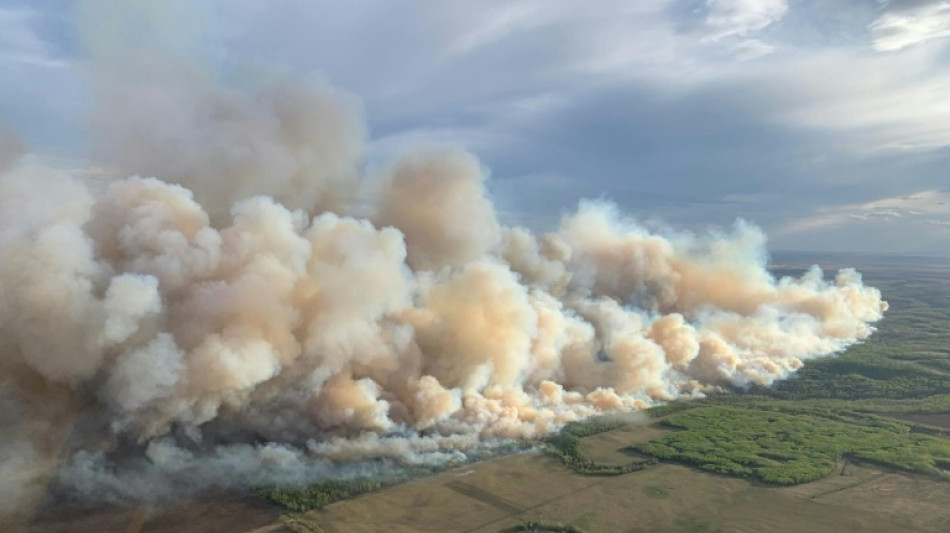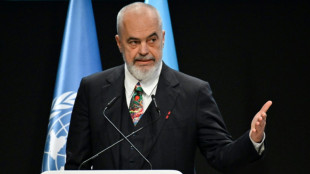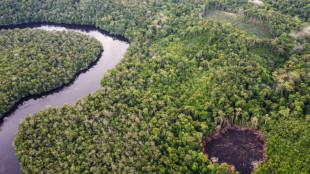

More evacuated as early wildfires sweep western Canada
One of the year's first major wildfires in Canada closed in Monday on the British Columbia town of Fort Nelson, as thousands of people across the nation were forced to flee advancing blazes.
The Pacific coast province's emergency management minister, Bowinn Ma, said 4,700 people were ordered evacuated from the remote town as well as a nearby Indigenous community, as a fire spanning 5,280 hectares advanced to within 2.5 kilometers (1.6 miles) of Fort Nelson.
Authorities have been bracing for another possibly devastating wildfire season, after Canada's worst ever last year that saw flames burning from coast to coast and charring more than 15 million hectares (37 million acres) of land.
Dozens of zombie fires sustained by layers of dried peat continued to smoulder beneath the surface of the boreal forest through the winter, which was warmer than usual and left a smaller snowpack, while drought has persisted across the region.
"The next 48 hours will be a challenging situation (around Fort Nelson) given forecasted ongoing westerly winds and extremely dry and volatile fuels in the area," Ma told reporters.
"Volatile wildfire activity" could begin later Monday, she said, noting it was "extremely uncommon to have so many people on an evacuation order" so early in the season.
British Columbia has opened multiple emergency reception centres and booked hundreds of hotel rooms for displaced residents.
Across the province, 137 wildfires, including 14 burning out of control, were active as of Monday morning, including 14 out of control.
In neighboring Alberta, authorities said crews and helicopters were battling 45 active fires, including two out of control.
A 6,600-hectare blaze threatening Fort McMurray in Canada's oil sands region stalled Monday about 16 kilometers from the city, which had been gutted by fires in 2016.
Meanwhile, in Manitoba province officials said a fast-moving 35,000-hectare fire near Flin Flon in the north forced the evacuation of 550 people over the weekend after the blaze surged in size.
Federal Emergency Preparedness Minister Harjit Sajjan on X called the Manitoba fire "deeply concerning."
Hazy conditions also blanketed parts of five US states as plumes of smoke from the Canadian wildfires triggered air quality alerts in Montana, North and South Dakota, Minnesota and Wisconsin.
S.Vandenberghe--JdB



